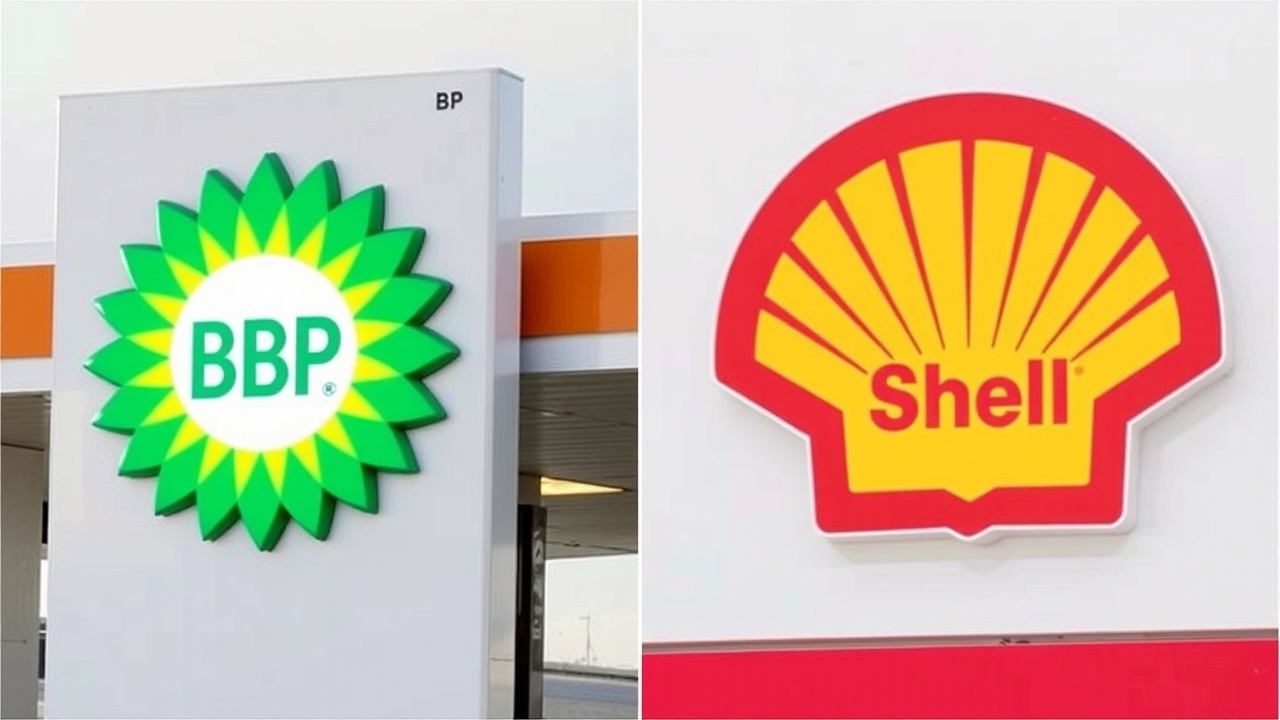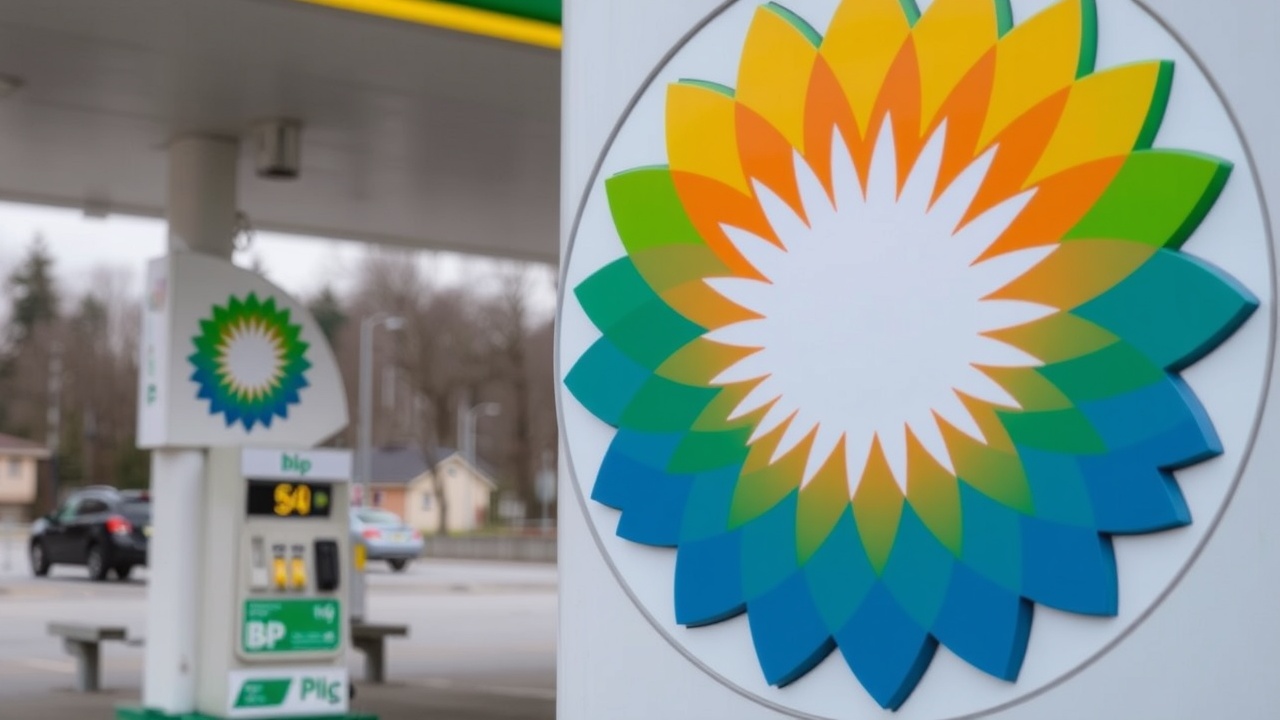
Due to its difficulties, BP is susceptible to a takeover
Would a British giant be formed if it merged with Shell?
According to Mark Shapland in The Mail, investment bankers are eager to engineer a merger between BP and Shell in order to create a "national champion to compete with international rivals such as Frances TotalEnergies and US giants Exxon Mobil and Chevron." With 180,000 workers, the combined company would be a "behemoth" with sufficient scale to maintain low costs. BP's CEO, Murray Auchincloss, is currently in the "last-chance saloon" following a run of subpar results. Shell, on the other hand, has "gone from strength to strength" under Wael Sawan and could help turn the company around.
Yawen Chen of Breakingviews asserts that the merger of BP and Shell is not an entirely crazy idea. Eliminating duplication could result in even small savings, increasing the combined group's worth by £33 billion. Some significant "drawbacks" exist, though. Given both companies' size and age, "a big culture clash and disquiet over job losses" would unavoidably occur. Competition authorities would also demand disposals "in sectors such as retail sites, aviation supply and lubricants," and BP's board would insist on a high premium for the benefit of their shareholders. A "fantasy" is all that the concept is.
Are BP and Shell going to merge?
Oliver Shah of The Sunday Times claims that the fact that BP has descended into "takeover territory" is evidence of how badly things have gone. Auchinclosss's predecessor as CEO, Bernard Looney, made a "wide-eyed promise" in 2020 to reduce BP's oil and gas production by 40% and install 50 gigawatts of renewable energy by 2030. This pledge hurt profitability and turned off investors. Auchincloss has been "too slow to drop BP's oil and gas reduction target," despite his recent attempts to retreat from Looney's "unwise" approach. He is currently up against a campaign from Elliott Management, an activist investor that has acquired a 5% stake.
Even though Auchinloss has "rowed back on." Ben Marlow of The Daily Telegraph claims that despite Looney's hasty adoption of renewable energy, he is still spending "billions of pounds on green projects." Likewise, even though BP has abandoned its goal of reducing oil and gas production by 2030, the company's current output trajectory is flat, which is "hardly what you could call an emphatic return to what it undoubtedly does best." All options are now open, including asset sales and even a forced split, as BP's high debt level precludes appeasing investors "by showering them with dividends and buybacks."
According to Chris Hughes of Bloomberg, Elliott's plan to sell the renewables businesses and focus again on oil and gas "offers a credible way of getting BP's share price up." To secure the oil giants' long-term future, though, more than a "back-to-basics" strategy might be required. For far too long, BP and a large portion of the FTSE have placed a higher priority on paying dividends and buybacks to shareholders than on long-term investments. High debt levels have resulted from this, which has also "constricted its investment flexibility and its capacity to absorb shocks."














Leave a comment on: What would the UK oil industry stand to gain from a possible merger between BP and Shell?